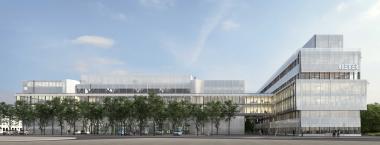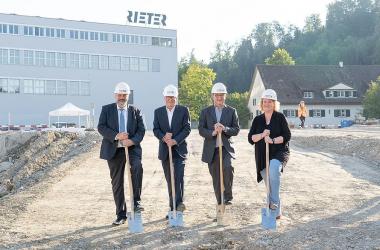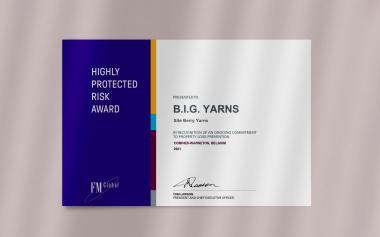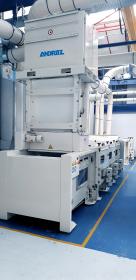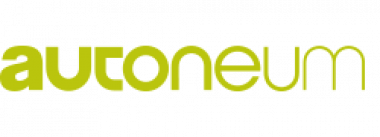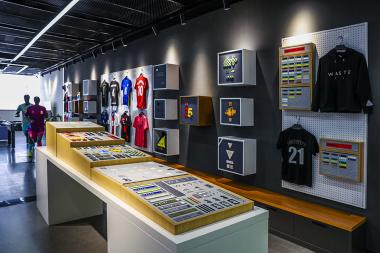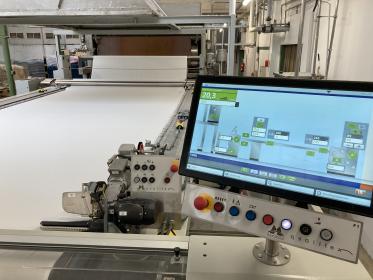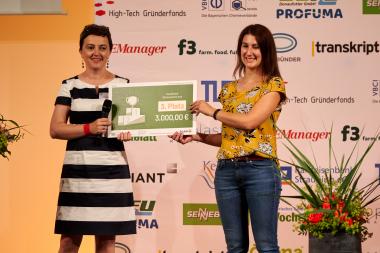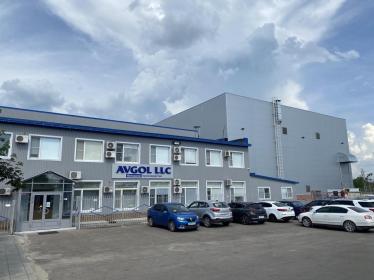New EFI Fiery Technology for faster production
Electronics For Imaging, Inc., launched the latest update to EFI™ Fiery® Command WorkStation®, version 6.7, which helps Fiery customers improve automation and job management to better handle growing numbers of short-run print jobs. Fiery Command WorkStation enables a unified Fiery Driven™ print room, allowing users to control all Fiery servers, either local or remote, thereby gaining operational efficiencies and increasing productivity.
A long-time user of EFI™ Fiery® digital front end (DFE) solutions, sedruck KG in Leipzig, Germany found that the new features in the latest EFI Fiery Command WorkStation helped the company to manage print jobs and improve their turnaround times on a growing volume of short-run, quick-turn print jobs.
EFI










